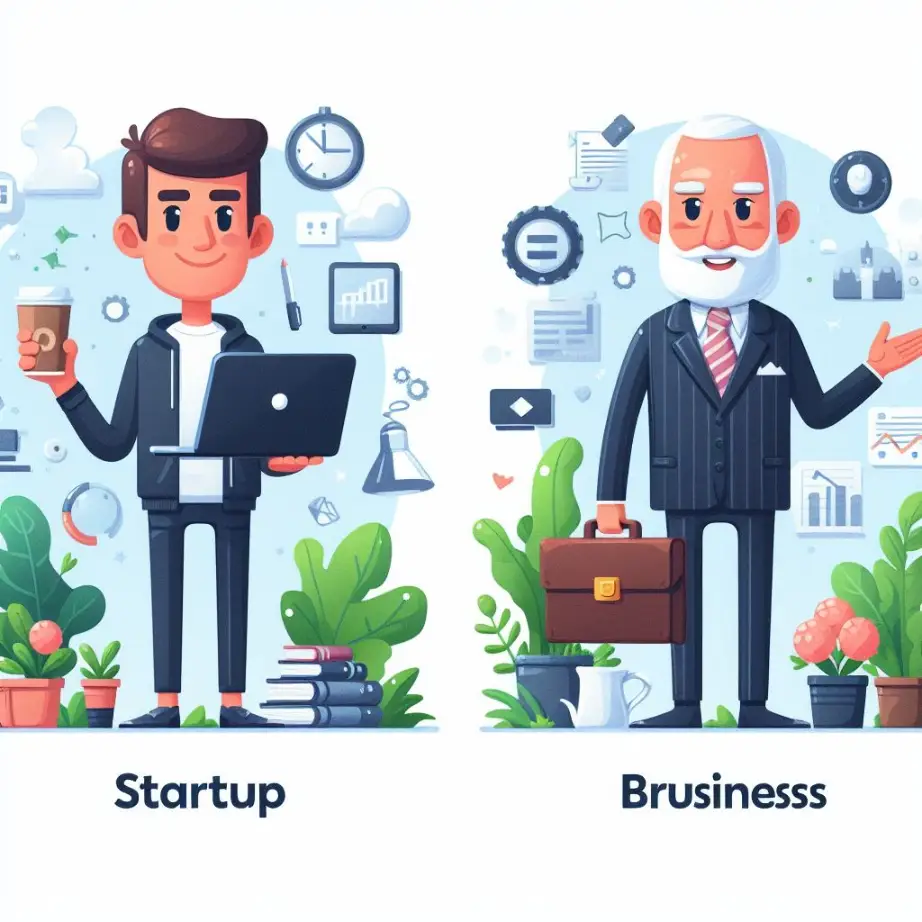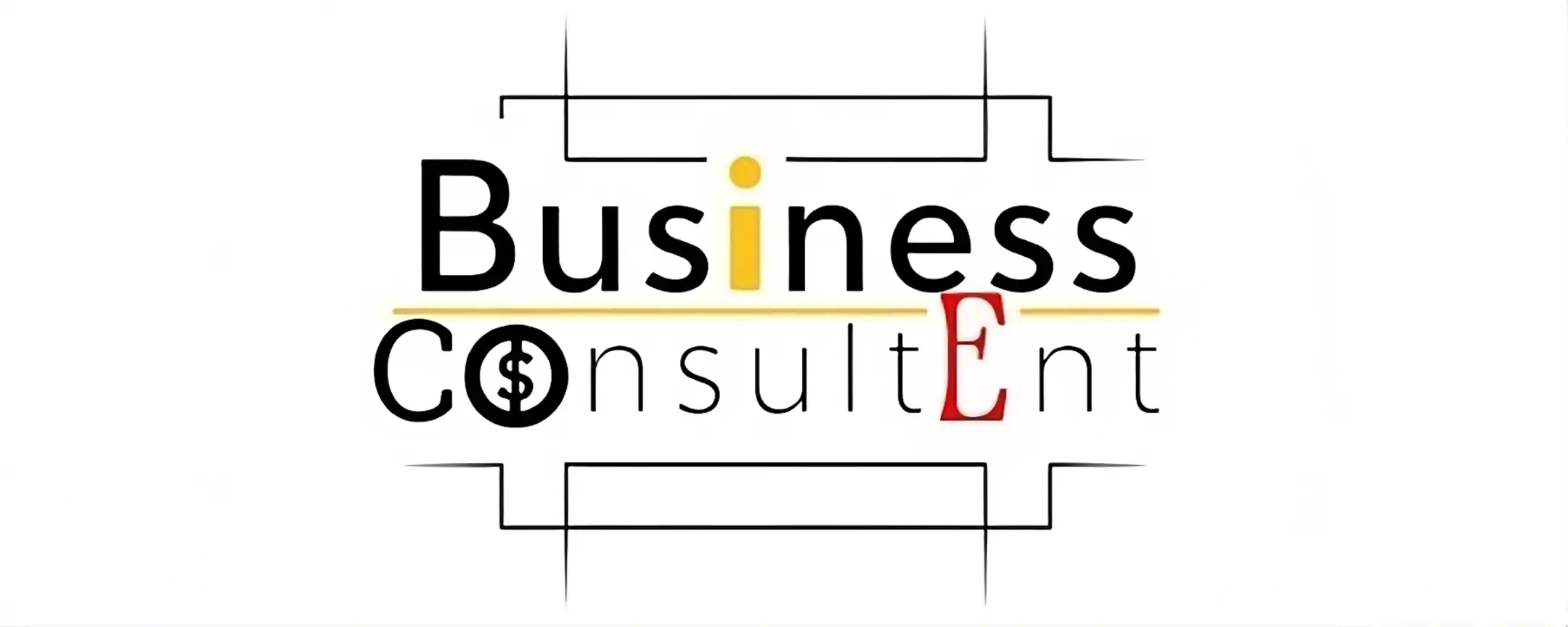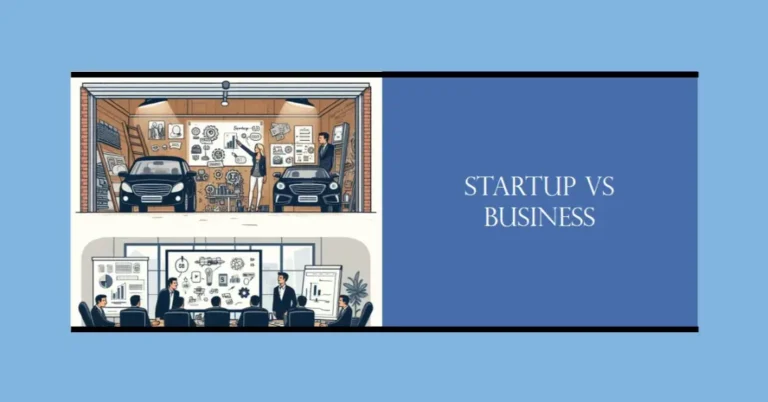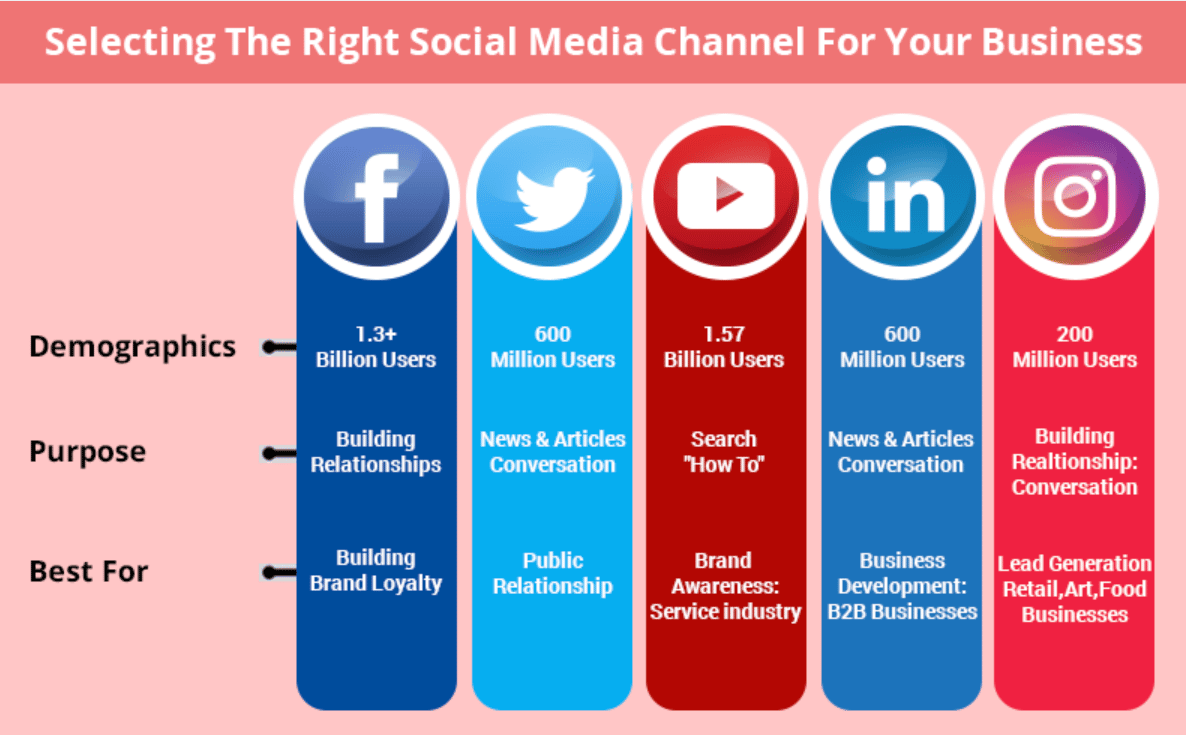
Introduction
What is the difference between a startup and a business?Many people use the terms “startup” and “small business” interchangeably, but there are fundamental differences between the two. Understanding these differences is crucial for aspiring entrepreneurs to align their business identity with the appropriate business model.
Innovations and Technology
One of the key differences between startups and small businesses lies in their approach to innovation and technology. Startups heavily emphasize creating unique products, services, or business models that disrupt existing markets. They focus on developing innovative solutions, implementing advanced technologies, and constantly pushing boundaries.
In contrast, small businesses often provide traditional solutions or services within established markets. While they may incorporate technology, their primary focus is not necessarily on being at the forefront of innovation.
Business Model and Growth Intent
Startups and small businesses differ significantly in their business models and growth intentions. Startups typically aim for rapid, exponential growth and seek to capture a substantial market share in their industry. They employ scalable business models that can be easily replicated and expanded, making them well-suited for industries like technology.
On the other hand, small businesses prioritize steady, sustainable growth within a local or niche market. Their business models are often more traditional, focusing on building long-term customer relationships and generating consistent revenue streams.

Funding and Profit Expectations
The funding sources and profit expectations for startups and small businesses also differ. Startups frequently rely on external funding from venture capitalists, angel investors, or crowdfunding platforms. These investors provide significant capital in exchange for equity in the business, with the expectation of substantial returns if the startup succeeds.
Small businesses, however, typically rely on internal funding sources like personal savings, loans, or credit. Their primary goal is to generate profits from the outset, rather than prioritizing rapid growth over immediate profitability.
Risk and Longevity
Startups inherently carry a higher level of risk due to their disruptive nature and focus on rapid growth. Many startups fail within the first few years as they navigate uncertainties, validate their business models, and compete in highly competitive markets.
In contrast, small businesses are generally considered lower risk as they operate within established markets and follow proven business models. While not immune to failure, small businesses often have a longer lifespan and can be passed down through generations of family ownership.
Leadership and Lifestyle
The leadership styles and lifestyles of startup founders and small business owners also differ. Startup founders are often true entrepreneurs – risk-takers with a vision for disrupting industries and a willingness to work tirelessly to achieve rapid growth.
Small business owners, on the other hand, may be driven more by passion for their craft or a desire for a sustainable work-life balance. They prioritize building a business that aligns with their personal goals and values, rather than solely focusing on exponential growth.

Bottom Line
While both startups and small businesses contribute to the entrepreneurial landscape, they have distinct characteristics and goals. Startups prioritize innovation, rapid growth, and disrupting markets, while small businesses focus on steady, sustainable growth within established industries. Understanding these differences is crucial for aspiring entrepreneurs to align their business identity with the appropriate business model and set realistic expectations for their venture.
Related Content
What must an entrepreneur assume when starting a business?
What is an Entrepreneurial Process
Resource



